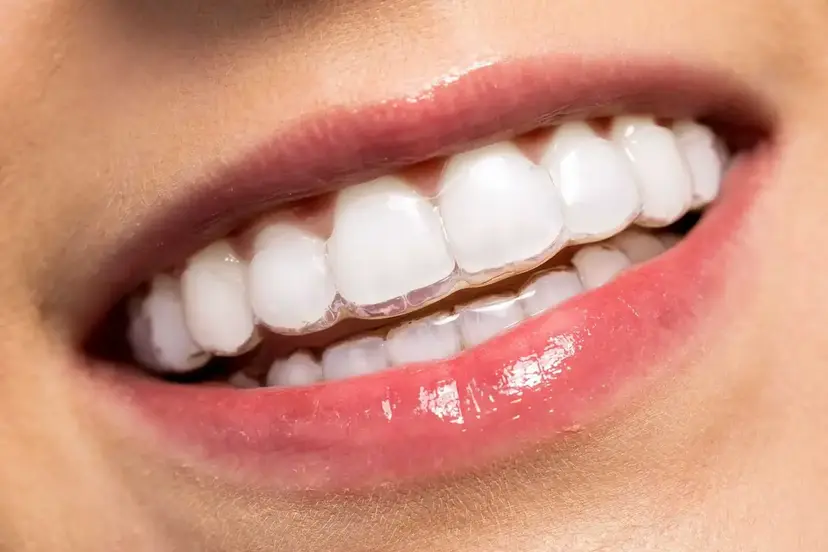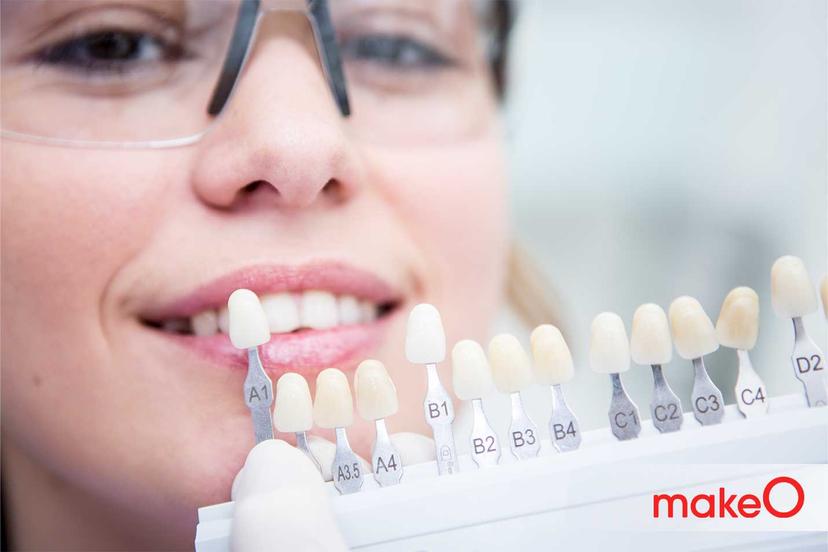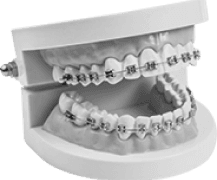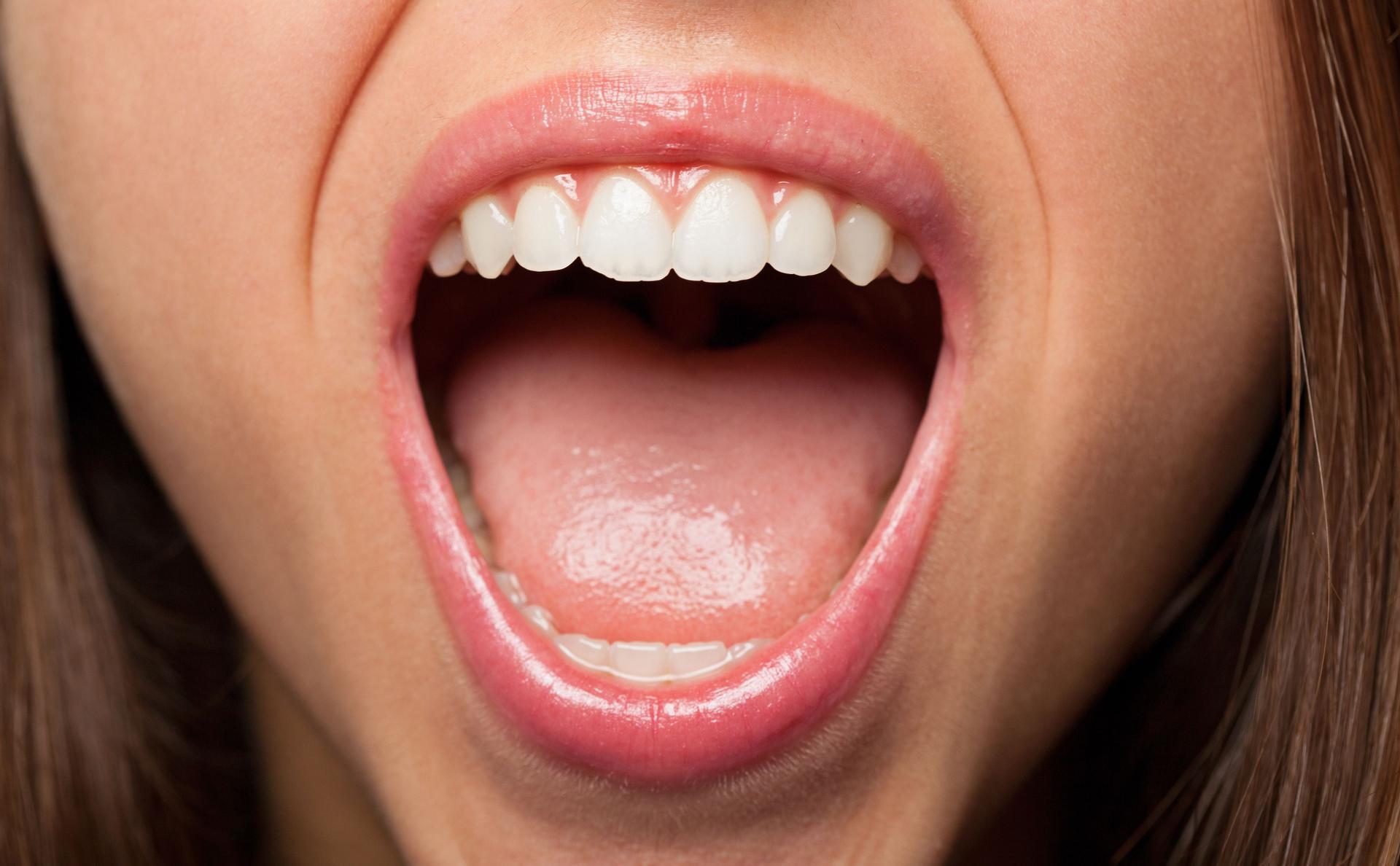MakeO blog
Saliva plays a very important role in maintaining your oral health. While it’s primarily made of water, it also contains essential proteins and minerals that aid in digestion and protect your teeth and gums. Saliva helps moisten food, making it easier to chew and swallow, while also rinsing away food particles and harmful bacteria. Additionally, it balances the acids in your mouth, preventing tooth decay and keeping your teeth strong. Without sufficient saliva, oral health can decline, leading to problems like cavities and gum disease.1 In this blog, we’ll explore the importance of saliva in maintaining a healthy mouth and its role in oral care.
Saliva: How Is It Formed?
Saliva is produced by three main pairs of salivary glands located around the mouth:
Parotid Glands: Near the ears.
Submandibular Glands: Beneath the jaw.
Sublingual Glands: Under the tongue.
These glands continuously release saliva into the mouth through small ducts. When these glands get signals from your brain, especially when you taste or chew food, they start producing saliva. This process is controlled by your nervous system.
On average, a person produces between 500 mL to 1.5 litres of saliva daily, depending on diet, hydration, and other factors. Saliva is made mostly of water (about 99%) but also contains key electrolytes like sodium, potassium, calcium, and bicarbonates, along with proteins, enzymes, and mucins. These components help maintain a balanced pH, aid in digestion, and protect your teeth and mouth.
Benefits of Saliva for Oral Health
The importance of mouth saliva is often overlooked, but it's a crucial component for maintaining good oral health. This natural fluid provides several benefits such as:
Lubrication and Comfort: One of the primary functions of saliva is to keep the mouth moist. This lubrication is essential for comfortable chewing, swallowing, and speaking. It also prevents the discomfort associated with dry mouth, which can result from certain medications or health conditions.
Protection Against Tooth Decay: Saliva helps protect teeth by neutralizing acids produced by bacteria in the mouth. These acids can erode the enamel (hard layer of the tooth) resulting in cavities. Saliva contains bicarbonates that buffer the pH levels in the mouth, reducing the risk of tooth decay and maintaining oral health.
Enamel Remineralization: Another crucial role of saliva is enamel remineralization. It is rich in calcium and phosphate, which are essential for repairing and strengthening tooth enamel. This natural process helps reverse early signs of decay and maintains the integrity of the teeth.
Antimicrobial Defence: Saliva also acts as an antimicrobial agent. It contains enzymes and antibodies that help combat harmful bacteria, yeast, and viruses, reducing the risk of oral infections and contributing to a healthier mouth.
Support for Tissue Repair: Additionally, saliva aids in the repair of oral tissues. By keeping the mouth moist, it supports the healing of damaged tissues and accelerates recovery from injuries or infections.
Although saliva helps protect teeth, fight germs, and keep your mouth clean, having excessive saliva can lead to issues of drooling and infections at mouth corners. It is important to consult with a healthcare provider if you have any issues with salivary flow to maintain good oral health.
Importance of Oral Care with Aligners
Maintaining oral hygiene with clear aligners is essential for ensuring effective orthodontic treatment and protecting oral health. These aligners are worn for around 22 hours a day and can trap food and plaque, which can lead to tooth problems. Since the aligners cover your teeth, they stop saliva from naturally cleaning your mouth. This makes it easier for plaque and food particles to build up.
If you eat or drink anything while wearing your aligners, especially sugary or acidic drinks, the food can get stuck and cause decay. It's easy for this to happen because it is hard to clean your teeth properly.
To keep your mouth healthy while using aligners, you should brush your teeth well at least two times a day. Flossing is also important to clean thoroughly between your teeth that regular brushing can miss. You can also rinse your mouth with a fluoride mouthwash before bed for added protection.
At the same time, keeping your aligners clean is equally important. Use a soft toothbrush and toothpaste to clean your aligners every day. This helps prevent plaque buildup and keeps your aligners clean. Always rinse your aligners with warm water before putting them back in your mouth. Skip bleach or alcohol-based cleaners, as they can damage your aligners.
Regular dental check-ups are also essential to catch any problems early and keep your smile healthy while on aligner treatment. Following these steps helps ensure that your aligners work effectively, and your teeth stay in good shape.
For those considering orthodontic treatment, it's important to note that clear aligners prices in India can vary depending on the provider and the complexity of the case. At makeO Toothsi, we provide you the best in quality aligner treatment at an affordable cost with flexible payment plans. Contact us today for further details.
Conclusion
Saliva is essential for maintaining oral health, playing a crucial role in digestion, protecting teeth, and keeping your mouth clean. It naturally neutralizes acids and helps repair tooth enamel. This keeps your mouth healthy and fresh. For those with aligners, it is crucial to maintain good oral hygiene for an effective treatment. Regular brushing and flossing, proper cleaning of aligners, and routine dental visits are key to ensuring your smile stays bright and your aligners work effectively.
FAQs
Why is my mouth producing so much saliva suddenly? Your mouth might suddenly make a lot of saliva because of dental problems like decaying teeth, or infections. If this continues, it can lead to serious issues, such as respiratory infections or other health concerns.
How to stop too much saliva in mouth home remedies? To reduce excess saliva, sip fluids regularly, maintain good posture, and keep your mouth clean. Using a swallow reminder app can help, and trying natural drinks like papaya juice or sage tea may also be beneficial.
What causes extra saliva in adults? Extra saliva in adults can happen due to untreated cavities, stomach acid issues (like GERD), feeling sick, certain medications, or pregnancy. Neurologic conditions like Parkinson’s disease, stroke and weak muscles in the mouth or throat can also cause this problem.
What is saliva and where is it produced? Saliva is a liquid produced in your mouth that helps you chew and swallow food. It comes from three main glands: the parotid glands near your ears, the submandibular glands under your jaw, and the sublingual glands under your tongue.
What is saliva made of? Saliva is mainly water (99%) and contains 1% proteins and other substances. Important components include enzymes that help digestion, mucins that keep the mouth moist, and antibodies that fight infections.
What does normal saliva smell like? Normal saliva usually doesn’t have a strong smell; it’s mostly odorless or has a very light scent. If saliva smells bad or strange, it might mean there’s an underlying issue, like poor oral hygiene or health problems.
What does it mean when saliva keeps coming up? When saliva keeps coming up, it may mean your salivary glands are overactive due to issues like untreated cavities, acid reflux, nausea, pregnancy, or side effects from certain medications.
Related articles

Types of Braces: Removable vs Fixed Braces, Which is Right For You?

This Diwali, Smile Bright With makeO Teeth Whitening Kit

Dr. Pravin Shetty: Pioneer in Lingual Orthodontics & Innovative Smile Solutions
How do I Know I’m the Right Candidate for makeO toothsi Teeth Aligners?

